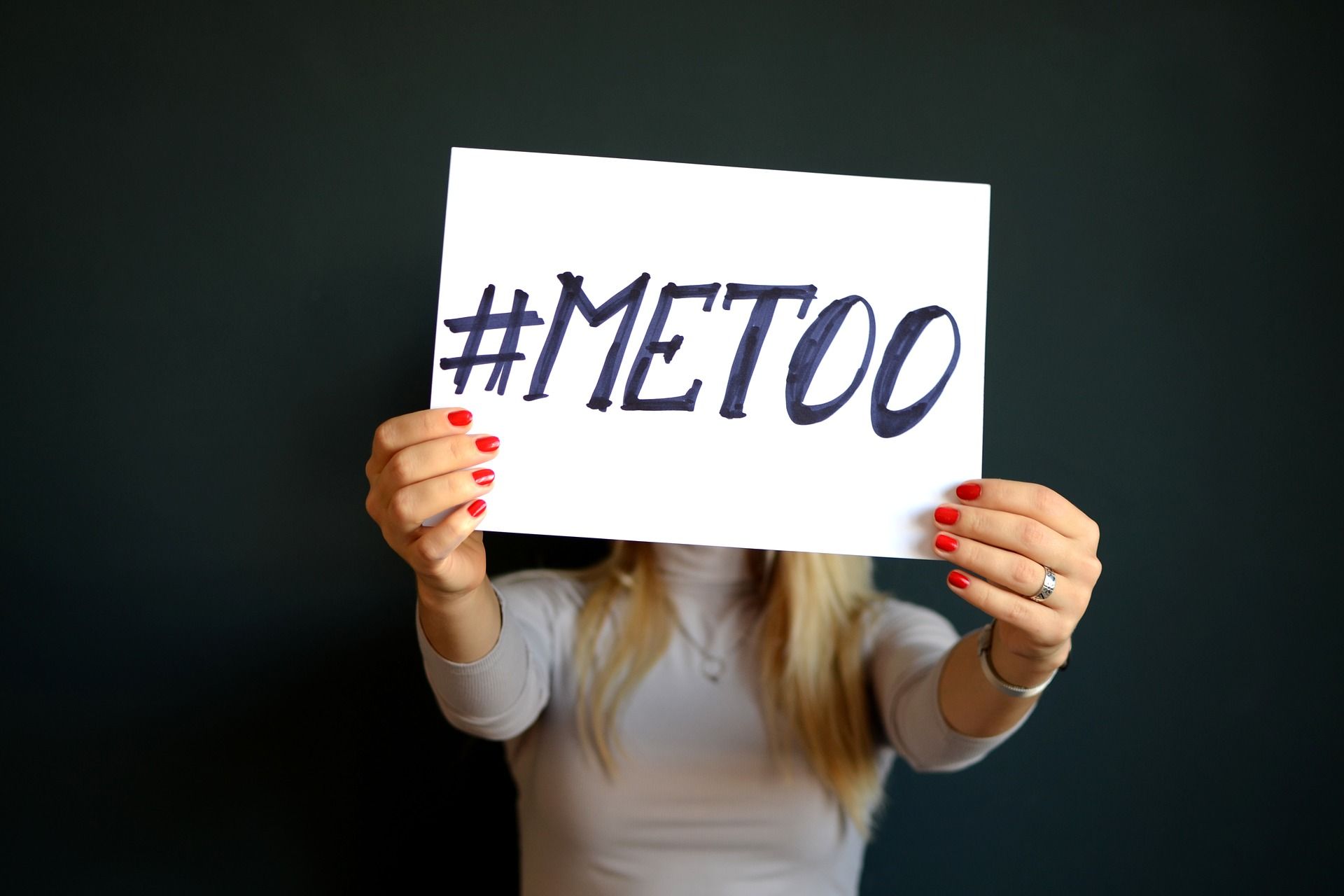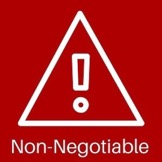Third in a series on how #MeToo is affecting business
An older male manager in a large construction company calls his new Millennial-aged assistant “Sweetie” when thanking her for a job well done. She immediately reports him to human resources for sexual harassment.
Stunned, he vows never to hire a woman again.
Many sexual harassment cases since the #MeToo movement began have included allegations of assault or quid pro quo– sex for job security or promotion. But others, such as this example, represent a cultural shift in boundaries that have left management flat-footed in dealing with the repercussions and both genders tip-toeing around each other in the workplace.
Women are happy that the increased focus on sexual harassment may make their workplaces safer, but they worry it will affect their career outlook. Men are worried that they will be accused of sexual harassment for behavior they don’t believe is harassment or didn’t intend to be offensive. Administration is caught in the middle, trying to sort it all out.
An Pew Research Center report released in April showed that 73 percent of Americans felt it was very or somewhat likely that the #MeToo movement would make women feel more comfortable reporting sexual assault and harassment, and 66 percent believed it would make men more conscious of inappropriate behavior. Fifty-two percent believed it was very or somewhat likely that women would experience lower rates of sexual assault and harassment as a result of the movement.
On the other hand, 51 percent of Americans said the increased focus on sexual harassment have made it harder for men to know how to interact with women in the workplace. Just 28 percent said it will lead to more opportunities for women in the long run, while 20 percent say it will lead to fewer opportunities, and 51 percent say it won’t make a difference.
A survey by the Lean In Initiative also showed that the #MeToo movement is producing a backlash. According to that survey, the number of male managers uncomfortable mentoring women had tripled since the movement started. Senior men are 3.5 times more likely to hesitate to have a work dinner with a junior-level woman than with a junior-level man and five times more likely to hesitate to travel for work with a junior-level woman, the survey showed.
My experiences working in the trenches with companies verify these statistics. Casual, “water cooler” conversations are on the decline between genders. They are minimalized and more robotic. Men will try to make jokes, such as, “I used to tell you ‘you look nice today, but I can’t tell you that anymore.’”
Whereas older people are more accepting of sexual harassment, younger people are not, as illustrated above in the example of the construction company where I consulted. Millennials and Generation Z workers call out perceived sexual harassment quickly and don’t understand why older workers don’t stand up.
“Millennials have been taught in school that they shouldn’t put up with bullying, so now they aren’t willing to put up with it in the workplace,” says Anne-Lise Gere, SPHR, an independent HR consultant and owner of Gere Consulting Associates. Gere has seen an increase in complaints since the #MeToo movement began, many of them from younger people.
Men in management are confused and afraid. Some managers threaten – sometimes jokingly and other times seriously – not to hire women and must be reminded that gender discrimination is illegal. More frequently, I get questions about what is appropriate and inappropriate behavior in the era of #MeToo: May I compliment someone? (It depends on the waythe compliment is delivered.) May I ask someone I work with on a date? (It depends on company policy.)
What is the future of men and women in the workplace? Will this uneasy dance end? I think the #MeToo trend of “outing” harassers and abusers will continue at least for another five to 10 years until society learns that the behavior will not be tolerated. You may notice on social media that we are more likely to call out racism than sexual harassment, but that is changing as more people begin to stand up and speak out.
The answer to this culture problem, as with all types of bullying, is to identify it, educate and train the entire team in an ongoing program, and hold everyone accountable for every instance.
Men and women can work together to achieve a productive and respectful workplace culture. But everyone must know and abide by the boundaries.
Part I: Companies react to #MeToo. But is it enough?
Part II: Employees Don’t See Companies Doing Much About #MeToo
Latest posts by Shelley Smith (see all)
- Part IV: How To Respond To A #MeToo Workplace Problem: The Steps You Need To Follow - October 21, 2018
- Part III: Men And Women Play Defense In The Workplace After #MeToo - October 14, 2018
- Part II: Employees Don’t See Companies Doing Much About #MeToo - October 7, 2018













